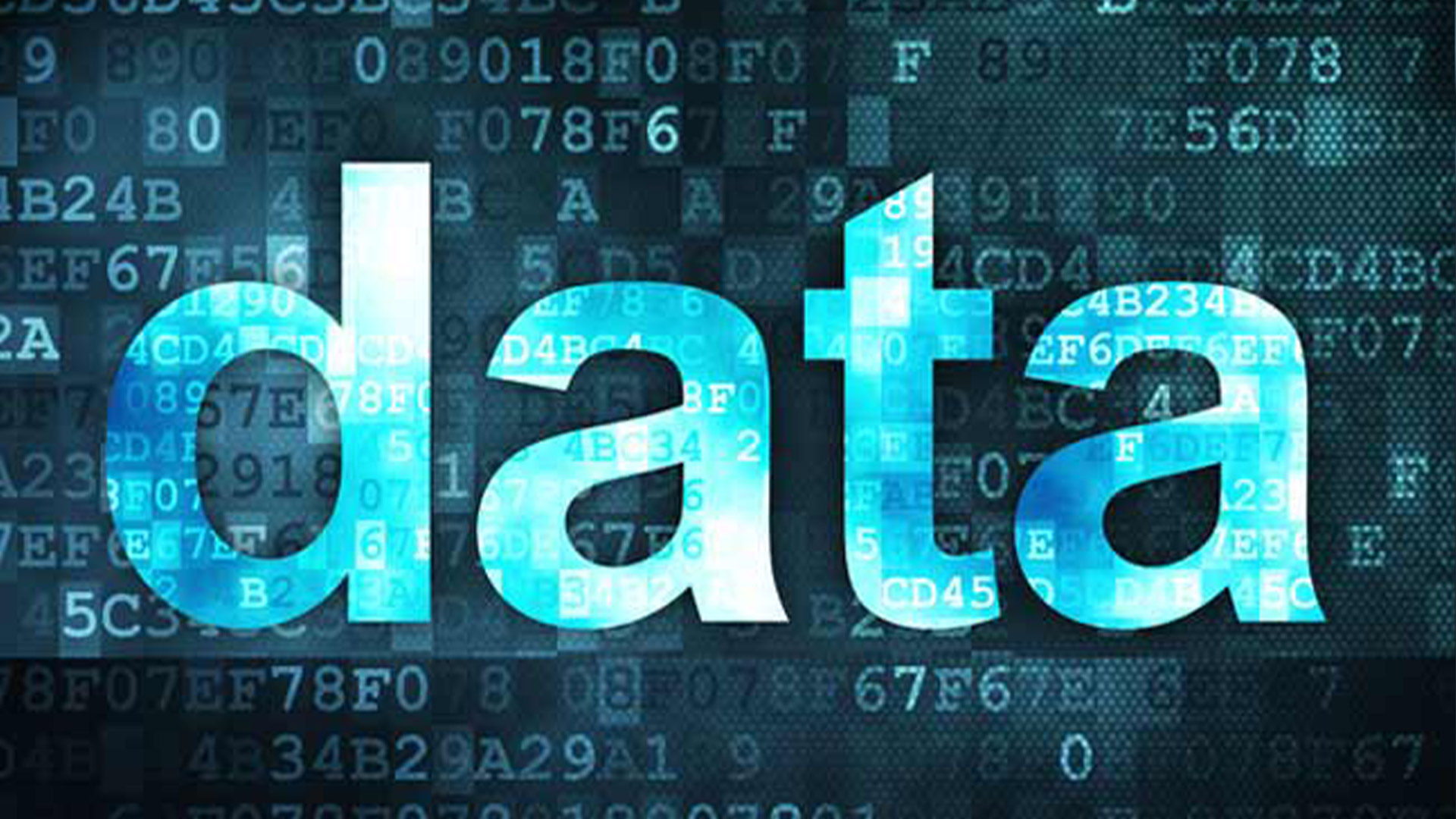
Who Owns the Data – Part 1
The debate about who owns machine data is still on. Is the device buyer the rightful owner or are device manufacturers’ true owners?
I’d like to bring the perspective of the data ownership that exists in the healthcare industry, particularly imaging devices. Like many IoT companies, we ingest and process vast volumes of data (in our case – machine logs) to derive performance insights, for instance. These logs, as you already know, are essential byproducts of manufactured devices. From mobile phones to MRI machines, logs help users, device owners, and manufacturers to not only troubleshoot issues on the device but also get an inside look on how devices perform, especially under adverse conditions. As a business derivative, we get to understand hardware or software performance better with each lifecycle of the product and better products get built with each revision.
Who should own this data, rich in insights? Is it an automatic right of the device purchaser to own it?
Are healthcare providers who spend millions of dollars on radiology equipment, for instance, MRI, CT, the owner of the machine data or is the device manufacturer the rightful owner? It seems the answer to that question is an automatic ‘yes, hospitals own the data; after all, they bought the device’. But that’s not the case, the horizon is not clear. Let’s understand why.
Before I venture into the ownership of machine data, let’s see how things work in the personal data space and then try to present the picture in the healthcare industry. GDPR laid the terms for companies handling personal data, primarily where the data resides and what computations (read, deriving purchase patterns, historical behavior, and many such millions of data points) happen when companies have access to personal data. Digital companies Amazon, Facebook, and Google are restricted to use the data retained on their infrastructure with legislation that came into force on May 25, 2018, guaranteeing residents of the European Union additional rights to their data. Under the legislation, each individual owns the data with a few exceptions.
A quieter and equally fierce battle for the data in the healthcare world rages on. The battle here focuses on the data that machines produce related to their performance; i.e., machine data. Similar to the way e-commerce companies want to monetize consumer purchase behavior, healthcare OEMs have attempted to lock healthcare providers into expensive, highly profitable service contracts through controlling the data produced by today’s complex equipment, such as CT, MRI, and ultrasound machines. Just to be clear, the debate is about performance data of the machines, not patient data, which is rigorously regulated and protected.
When manufacturers first enabled healthcare providers to use software to operate their devices, the amount of data produced was quite small and the question of who owned it was not important. As devices became more sophisticated and the software operating them also became more sophisticated, the amount of data the devices produced began to grow and manufacturers recognized an opportunity to monetize this data and lock in healthcare providers at the same time. Concurrently, as internet bandwidth increased, manufacturers realized they could monitor the devices themselves, creating an annuity-like revenue stream. Manufacturers soon began including device management into their contracts, creating the appearance that they owned the data generated from these machines.
New machine data is not just a single source generated entity.
We are at the point where we can combine disparate data sources from CRM, CMMS, HL7, and DICOM with log data and create a newly transformed data set on which business cases are built. Combing these data sources, IoT companies such as Glassbeam, help device manufacturers as well as healthcare providers to understand performance issues and even predict issues before they occur using the transformed data sets.
> In such a scenario with interconnected machines being the norm of the future, can restrictions on the use of machine data from manufacturers work in favor or is it an impediment to progress?
> Is there legislation in place on data ownership in the realm of the healthcare world, particularly for the medical device industry?
In part 2 of this blog series, I will tackle the above two questions and suggest 5 things to consider, as healthcare providers plan on establishing data ownership while they make their investments, esp. in high-end imaging devices.
I am keen to know your thoughts on what you think is the way forward on this crucial debate. What are your thoughts on who should own the data in the medical device industry? Do share your views [email protected].
Related reading:
> Review the benefits medical device manufactures receive from our solutions
> Review the benefits hospitals, independent service providers receive from our solutions
> Download Industry’s first Industrial IoT Analytics blueprint for the healthcare industry
Transform Your Healthcare Operations
See how to gain deeper, clearer insight from your machine data to elevate business intelligence and to improve your operational uptime, utilization, and efficiency.